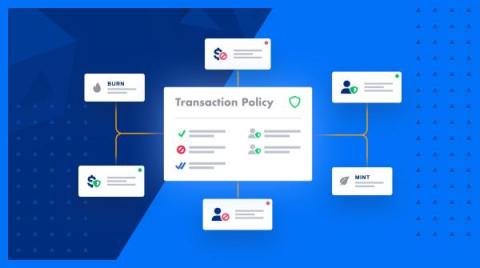Designing a digital asset or crypto transaction policy
We recommend that all organizations working with crypto, web3 or digital assets implement transaction policies. This is a great way to prevent loss of assets without sacrificing speed and efficiency from an operational perspective. If you’re interested in learning what a crypto transaction policy is and why it’s important, check out the basics here. If you’re ready to start implementing transaction policies at your organization, you’ve come to the right place.




